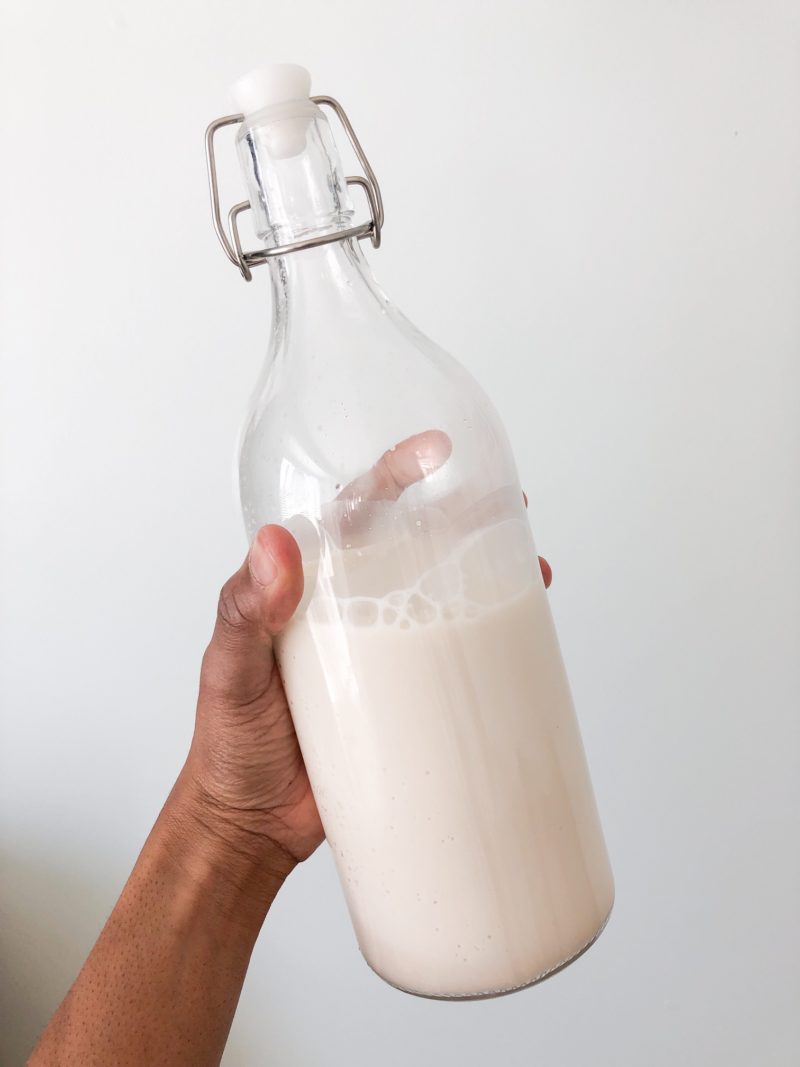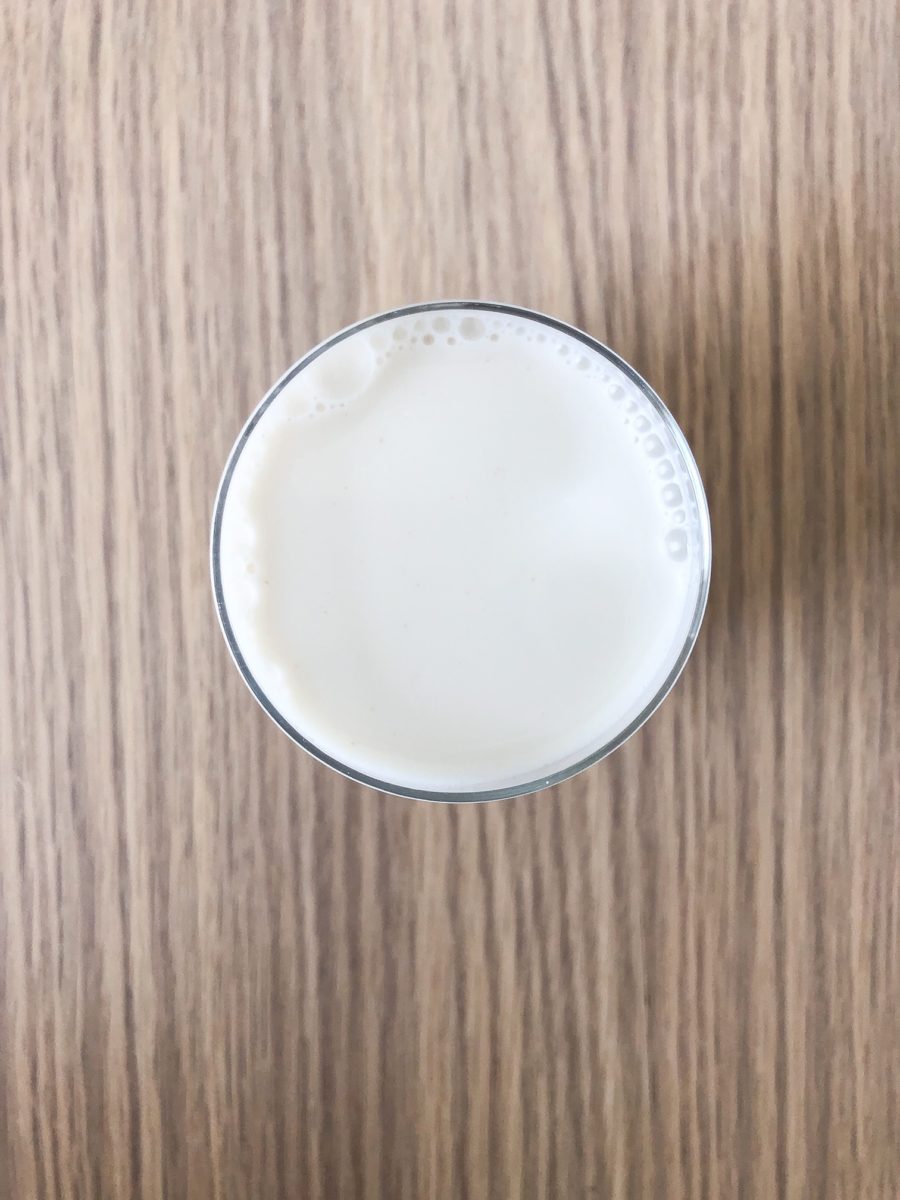Nowadays when you walk through the grocery store, there are many various types of milk besides the regular cow’s milk that we all grew up on. But which ones are the best for you? Here’s the breakdown:
RICE MILK
This is a very popular choice for vegans or vegetarians. It is prepared with boiled rice and starch, and serves a number of incredible nutrients. However, because it does not have the same range of minerals, like cow milk does, it is often fortified with calcium, B vitamins, vitamin D, iron and vitamin A. Some of the top health benefits of rice milk includes:
- Skin Health
- Prevents Chronic Disease
- Reduces Cholesterol
- Boosts Digestion
- Improves Bone Density
ALMOND MILK
My personal favourite and the new go-to milk alternative at almost all coffee shops is almond milk. And there is great reason! It is one of the best plant-based milk products available because of its high (healthy) fat content, and its high anti-inflammatory and antioxidant properties. Not to mention that almonds are also a great natural source of calcium. Other top health benefits of almond milk includes:
- Fights free radical damage (ie. Can manage cancer)
- Helps build strong teeth and bones
- Keeps your heart strong
- Aids in weight loss
COCONUT MILK
Another popular milk alternative found in coffee shops, coconut milk is one that has one of the most nutrients ever. Made from the coconut meat of a mature coconut, it is often used in cooking (hello curry!), but now has been made into a beverage as well. Top health benefits include:
- Improved Heart Health
- Higher Energy
- Better digestion
- Decreased inflammation
Why the high energy? Because it is uber high in healthy fats, specifically medium-chain triglycerides (MCTs). Evidence shows that the MCT content in aids in weight loss and management.
OAT MILK
This milk alternative is not as popular or as widely known as the 3 that are listed above; however, it is becoming more common in the grocery stores and with good reason. Like almost all milk alternatives, it is fortified with micronutrients that are only found in animal’s milk (vitamin D, vitamin A, etc.), however, one thing it does have made for itself is the high content of iron. If you are a vegetarian or vegan , or even anemic, you may want to consider Oat Milk as your best choice. Top health benefits include:
- Helps prevent anemia
- Strengthens bones
- Lowers cholesterol
- Boosts immunity
One downside of oat milk that should be considered is the fact that it’s highly commercial. Meaning some pre-made versions bought in store were likely made from oats that have high preservatives and additives that can alter your gut and digestive health. Best to make oat milk at home from old fashioned rolled oats.
SOY MILK
This used to a widely popular milk alternative. In fact, it was once considered as the only one. However, it is no longer recommended and best to avoid as more recent research has shown that most soy is genetically modified. In addition, its phytoestrogen content alters hormonal levels and interferes with normal bodily processes.
Here is my personal Almond Milk recipe:
Ingredients:
1 cup raw almonds (soaked overnight in cool water)
4-5 cups filtered water (use less for thicker milk, or more for thinner milk)
1 pinch pink or sea salt
1 tsp pure vanilla extract
Dash of cinnamon
Instructions:
- Drain soaked almonds. Add almonds, water, salt, vanilla extract and cinnamon to a high-speed blender. Blend until smooth.
- Strain using a nut milk bag or cheesecloth into a large bowl. Squeeze until all liquid is extracted.
- Rinse blender and pour milk from bowl back into the blender (this makes it easier to pour into your jar.
- Pour milk from blender into jar or bottle and refrigerate. Be sure to use milk within 3-4 days. Shake well before drinking as it will separate.
- Enjoy!

References:
www.draxe.com
www.organicfacts.net
www.puregreen.com
www.healthline.com











